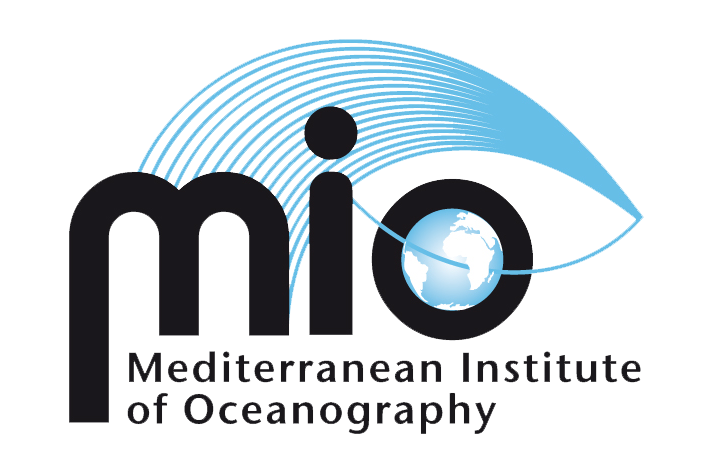Mediterranean Project A*Midex: Start of Didier Aurelle's (MIO) HoloDiv collaboration project with Algeria and Turkey
Mr. Didier AURELLE's HOLODIV project, approved by the A*Midex Foundation as part of the "Mediterranean 2018" call, began its activities in September 2019. This project strengthens Aix-Marseille's cooperation with the University of Istanbul in Turkey and Badji Mokhtar University in Annaba, Algeria.
The project led by Prof. Didier Aurelle, and scientifically co-led by Marc Bally and Christelle Desnues, was selected on March 18, 2019 by the Steering Committee of the A*Midex Foundation as part of the "Mediterranean 2018" call for projects of A*Midex. This call aims to strengthen Euro-Mediterranean collaborations at the Aix-Marseille University site with privileged research partners.
The project entitled "Hologenome diversity and adaptation in Mediterranean gorgonians: tools for new management strategies of marine forests" (HoloDiv) aims to contribute to the knowledge of the ecological status of Mediterranean ecosystems, a knowledge that is essential for the preservation and management of biodiversity, particularly within marine protected areas (MPAs). The project will explore the adaptive potential of a structuring species of Mediterranean benthic ecosystems, the yellow gorgonian Eunicella cavolini, through an integrated study of its genetic and microbial diversity (hologenoma). A large part of the project's interest lies in the use of genomic tools that provide access to information on the evolution and response of species to environmental constraints. The project will study populations in the East and West, North and South basins of the Mediterranean, subjected to local (pollution, fishing) or preserved (MPAs) anthropogenic pressures. Genetic diversity, population demographics, and local adaptation of gorgonians will be studied. At the level of associated microbiomes, a global analysis of diversity (bacteria, viruses, eukaryotes) will be completed by a detailed study of the variations of certain key taxa. These results will be compared with standard ecological indicators to better understand the status and trajectories of populations. The genetic tools developed will feed into discussions with MPA managers on the design of innovative actions to promote population evolution.
The project is being implemented at the Mediterranean Institute of Oceanology (MIO) in Aix-Marseille (UMR AMU-CNRS-IRD-UTLN), in collaboration with teams from the Microbes Evolution Phylogénie et Infections (MEPHI) laboratory in Aix-Marseille (UMR AMU-IRD-CNRS) in partnership with the University of Istanbul in Turkey and the Badji Mokhtar University in Annaba in Algeria, as well as IFREMER (France) and the Parc National des Calanques (France). Collaboration between the various Mediterranean partners will make it possible to study these species under very different environmental conditions and over a wide geographical area. The involvement of Algerian and Turkish partners is essential for the ecological study of these gorgonians in their respective countries. This project will thus strengthen existing collaborations between AMU, Turkey and Algeria.
HoloDiv started on September 1, 2019 for a period of 36 months. Over this period, the project will be subsidised by the A*Midex Foundation to the tune of 80,000 euros.
"This project is supported by A*Midex" / "This project is co-financed by A*Midex".

